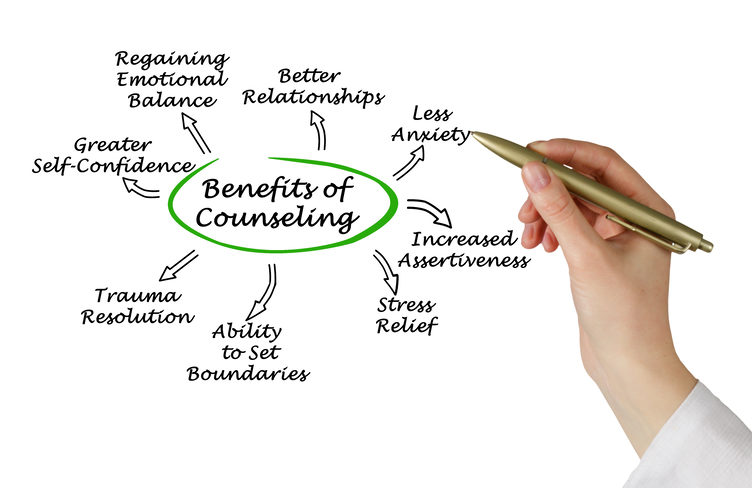Behavioral Addictions vs. Substance Use Addictions: What You Need to Know

Approximately 300 million people throughout the world have an alcohol addiction (nearly the entire size of the United States), while 15 million people are addicted to opioids such as heroin and fentanyl. (1)(2)
There are many statistics to support the statement “addiction is the epidemic of this generation”. Addiction is also a deadly killer. It’s estimated 130 Americans lose their lives each day from an opioid overdose, which results in nearly 50,000 deaths per year in the U.S.— just from one type of drug alone. (3)
While these numbers paint a grim picture of the substance use crisis, they don’t factor in the number of people addicted to something other than drugs or alcohol. This means addiction may be affecting our generation on a far greater scale than we realize.
Perhaps the biggest problem with behavioral addictions is that most people aren’t aware they’re experiencing one. It’s wrongly assumed that addiction treatment requires you to have a physical dependence, so even those who are aware they have a behavioral addiction don’t seek help.
Behavioral Addiction Vs. Substance Use Addictions: Are They The Same?

In short, the answer is that behavioral addictions and substance use addictions are not the same–but have similarities when it comes to how the addiction develops, the part of the brain it affects, and how the addiction can be treated.
The primary difference between behavioral addiction and substance use addiction is that behavioral addictions aren’t associated with a particular substance. Instead, they’re associated with certain actions, activities, or behaviors.
Research shows that certain behaviors and activities can activate the brain’s reward center and release dopamine (which creates feelings of pleasure, euphoria, and satisfaction) the same way drugs and alcohol do. (4)
These activities or behaviors go from pleasure to addiction when a person is unable to resist impulses or temptations, despite negative consequences, or harm to oneself and others. Thus, addiction can be defined as any Destructive Compelling Behaviour.
A few examples of non-substance addictions are:
Food addiction
Gambling
Shopping
Overspending
Sex addiction
Social media addiction
Video games
Internet addiction
Kleptomania (a recurrent impulse to steal, for reasons other than personal use or financial gain)
Hoarding
It should be noted that while some behavioral addictions share characteristics with obsessive-compulsive disorder (OCD), they are separate conditions and require different treatments.
Is Treatment Necessary for Behaviour Addiction?

Any form of addiction can come with serious consequences and impairs a person’s ability to truly experience inner peace, freedom, and fulfillment. At the root of all addiction, we believe there is suppressed or underlying emotional pain and/or a spiritual void that needs to be healed.
Here’s an example of how behavior addictions can show up in our daily lives. Let’s say a person has a behavioral addiction to shopping and overspending. The act of shopping triggers the reward center of the brain, but may also provide emotional comfort.
Perhaps in childhood, this person’s mother would take her shopping and this is how they’d give love: through gifts. Let’s say this person felt warm and fuzzy, loved and taken care of during this experience. In adulthood, when these needs are not being met, they may associate shopping with love— and shop or overspend when they feel empty, lonely, unfulfilled, or even unsatisfied in their relationships.
This is why therapy or treatment is an invaluable solution for helping a person identify and address the past and present wounds triggering addictive behaviors. Therapy allows a person to learn to cultivate self-love, inner peace, and their connection to themselves, and others through healthy coping mechanisms, all while experiencing freedom from addiction.
How We Can Support You on the Path to Healing
Our two, four, and six-week recovery programs offer individual and group therapy sessions to identify, process, release, and heal suppressed emotions and trauma in a safe environment.
Our therapists also offer one-to-one Skype and phone sessions for those who are seeking support outside of recovery programs. Send us an email today to book a free consultation to find out which option is the right fit for you. We look forward to being a part of your healing journey!
